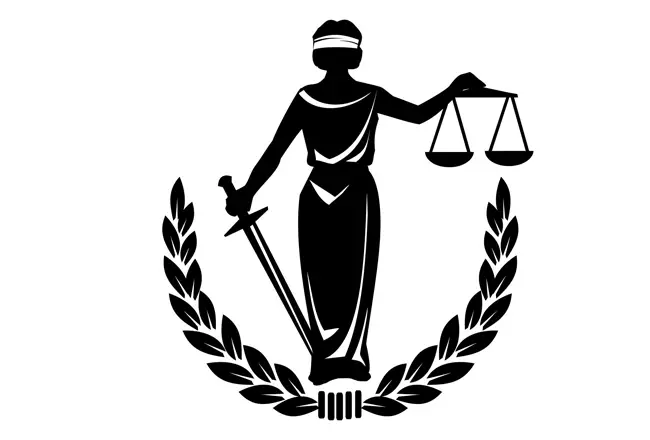Disbarred attorney Joseph G. Scali has lost a bid to get a 10-count criminal indictment dismissed with just three weeks left before his federal criminal trial begins.
U.S. District Court Judge Nelson S. Roman in White Plains rejected every argument by the former Middletown lawyer in a Jan. 9 opinion.
 Scali began practicing law in 1974, but was suspended in 2014 and disbarred in 2016 on professional misconduct charges.
Scali began practicing law in 1974, but was suspended in 2014 and disbarred in 2016 on professional misconduct charges.
The government has accused him of tax evasion, obstructing the IRS, evading currency transaction reports, making false statements, perjury, obstruction of justice and mail fraud.
The case concerns alleged misuse of escrow funds. In 2011, he represented a company that was trying to sell real estate in Pennsylvania and the buyer sent him $1.7 million to hold in an escrow account.
The deal eventually collapsed. By then, Scali had returned half of the money. But when the buyer demanded the rest, the parties discovered that he had allegedly used or distributed the remaining monies for other purposes.
Scali allegedly committed perjury and obstructed proceedings when federal and state court grievance committees looked into his conduct. Even after his law license was suspended, the government claims, he continued to practice law.
He is also accused of evading taxes in 2011 and 2012 and of structuring deposits of less than $10,000 into his attorney trust account to evade reporting requirements.
In asking the court to dismiss the indictment, Scali cited a doctrine that states federal cases should not interfere with state court proceedings. Not so in this case, Roman concluded, because there are no pending state actions against Scali with which the federal case could interfere.
Scali asked for permission to review grand jury minutes because the government may have engaged in prosecutorial misconduct in presenting its case.
Prosecutors do not have to present exculpatory evidence to a grand jury, Roman said, and Scali failed to make specific factual allegations, instead basing his allegations upon conjectures and suspicions.
Scali argued that the indictment is defective because it provides insufficient elements to support the charges. Roman said the government met the minimum requirements necessary for an indictment.
Scali argued that several charges should be severed from the case because they have no connection to one another. Roman found that the charges are part of a common scheme or plan.
Scali asked for a hearing to determine the legality of his arrest, arguing that it was not supported by probable cause.
The arrest warrant was issued following a grand jury indictment, Roman noted, and Scali “does not provide any facts or evidence rebutting the presumption of probable cause.”
Scali will soon have the opportunity to challenge the government”™s accusations.
Jury selection is scheduled to begin on Jan. 29. The trial in White Plains is expected to take four weeks.




















